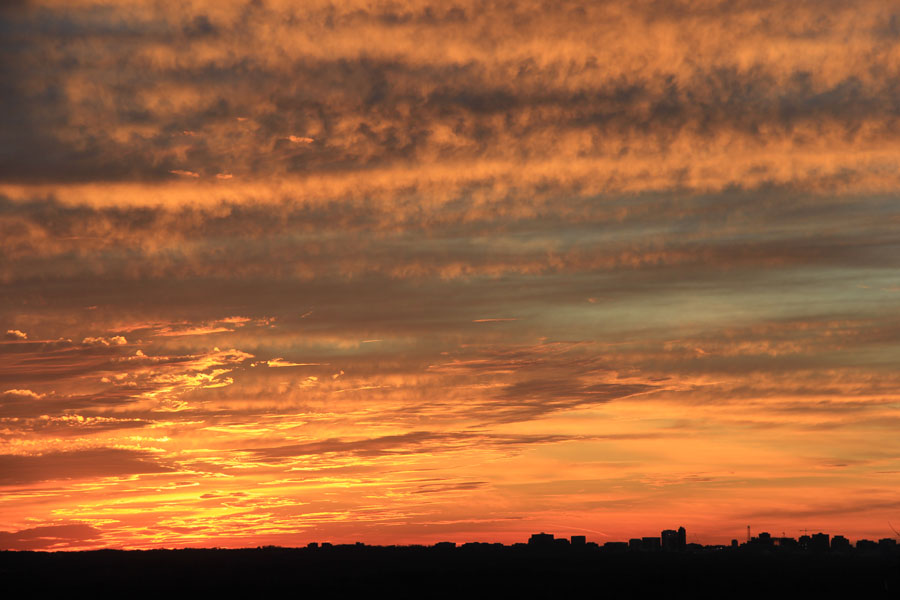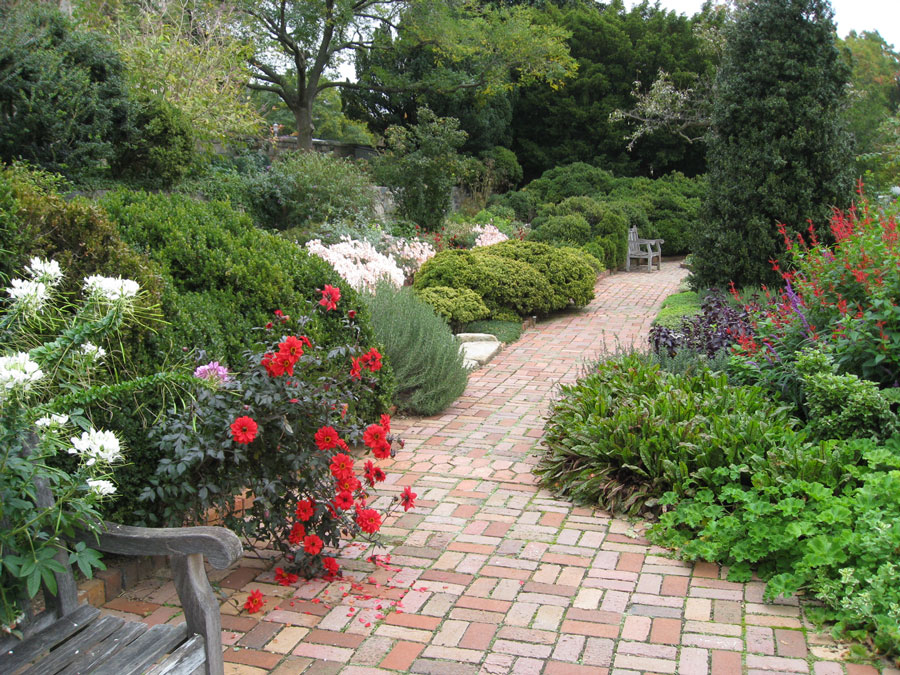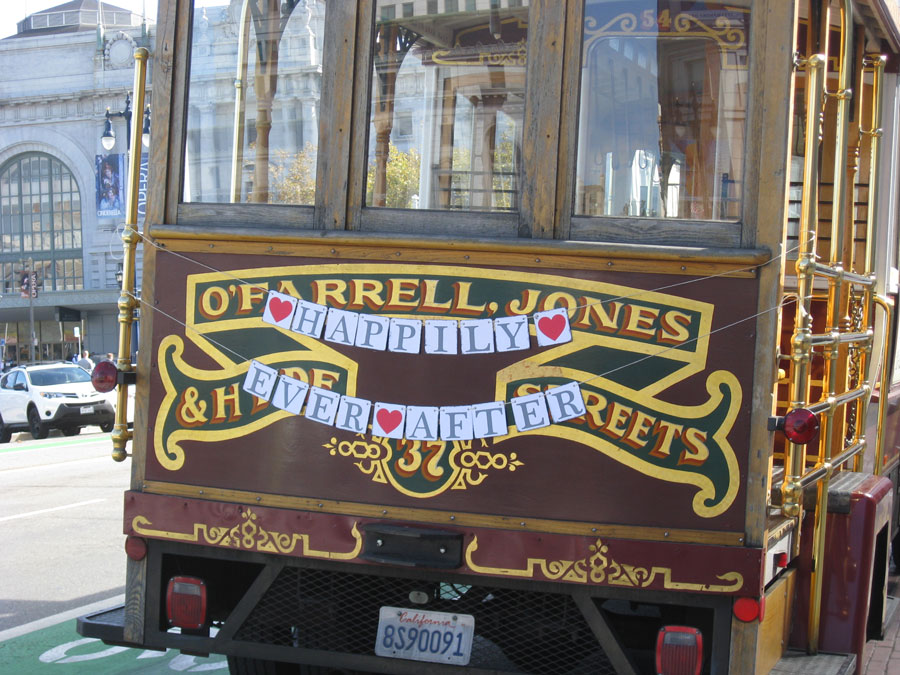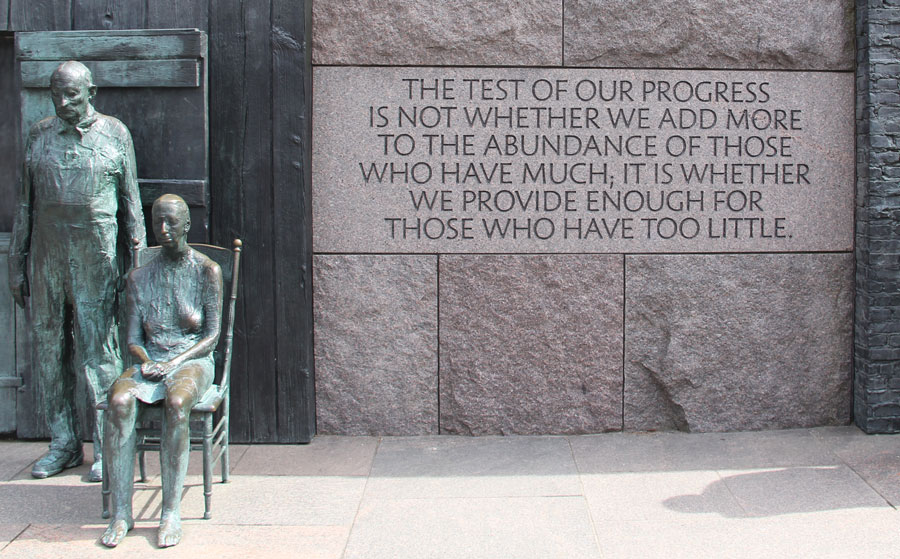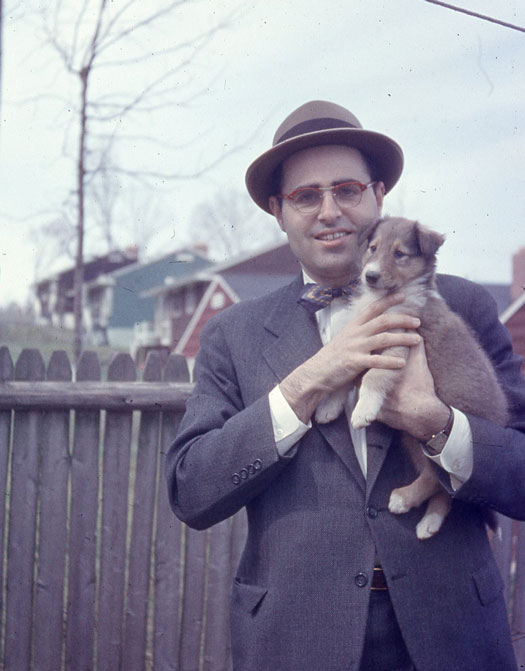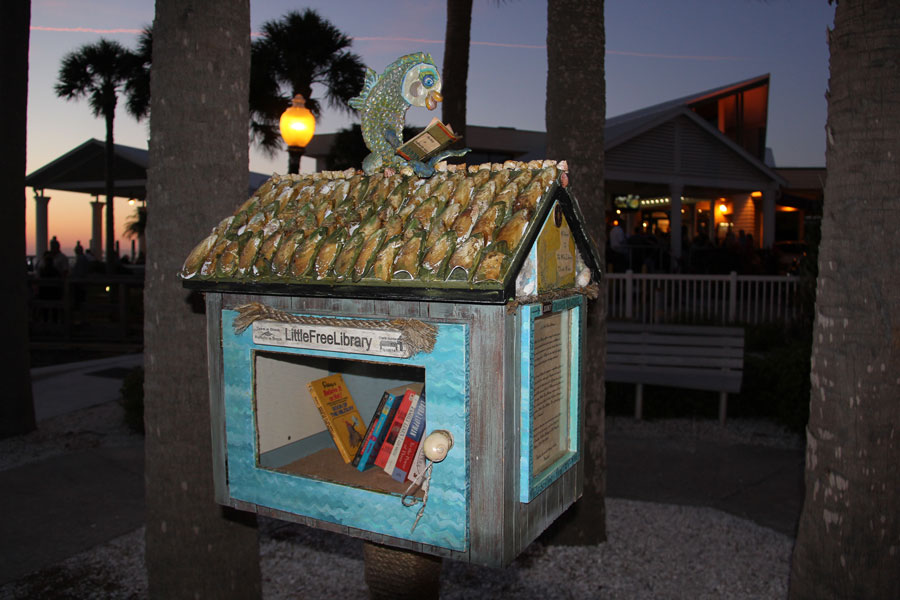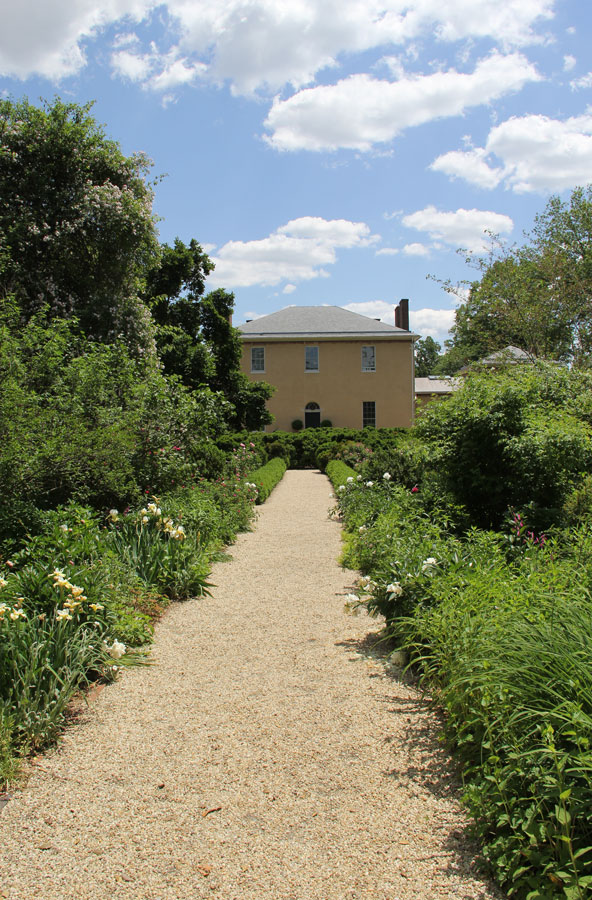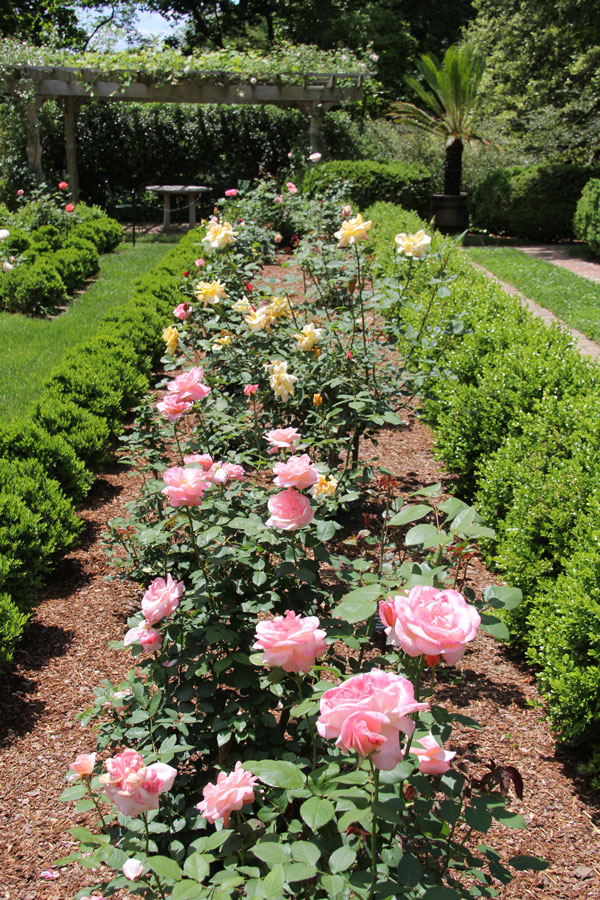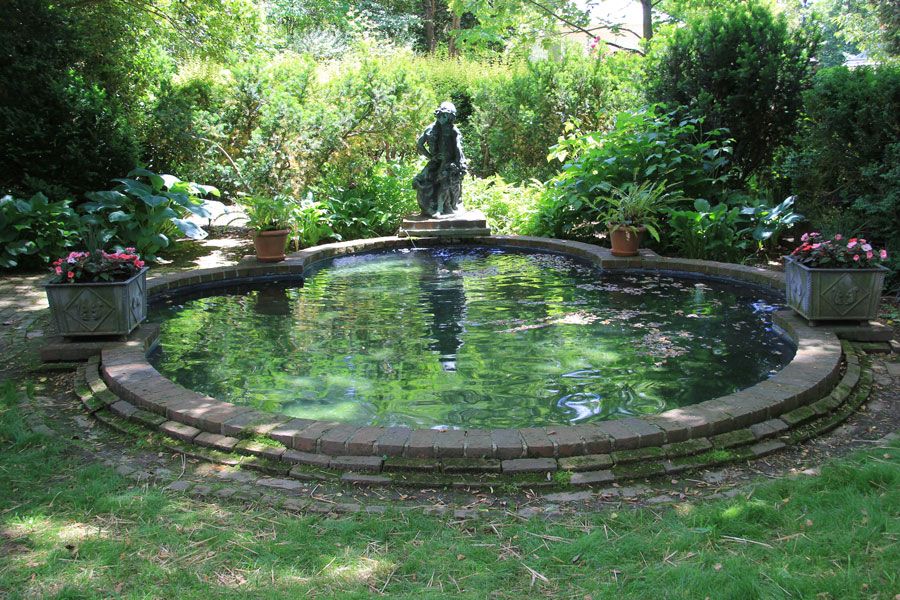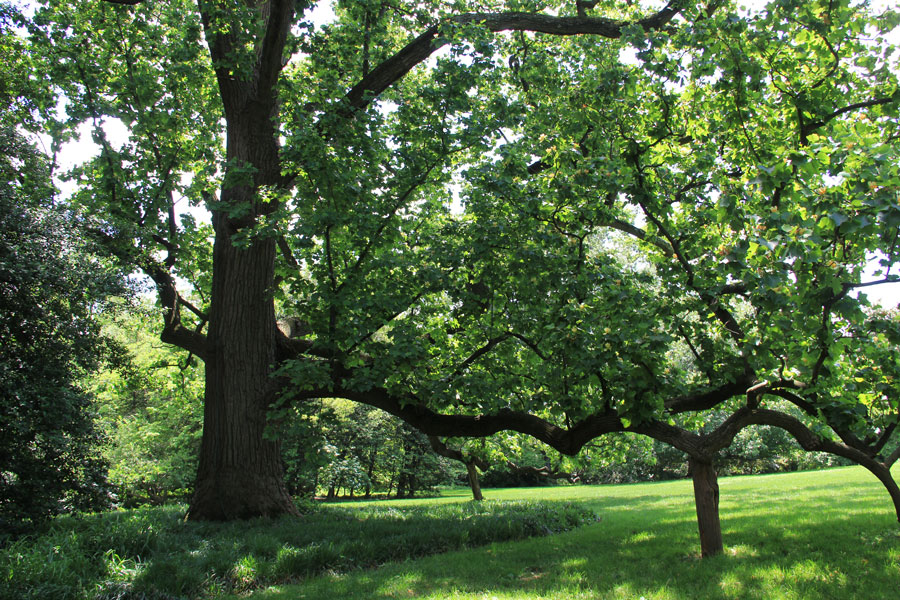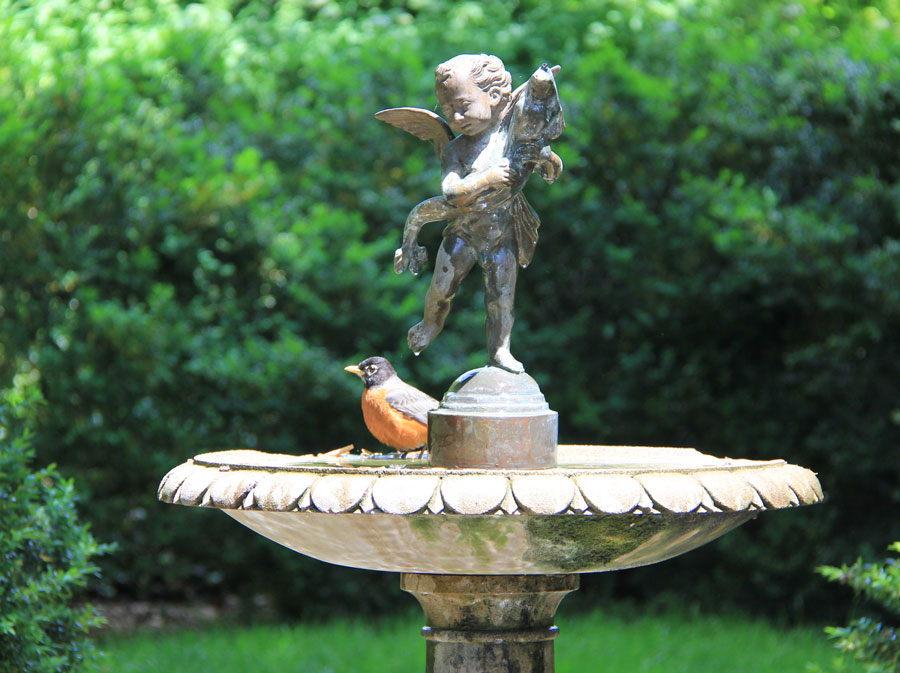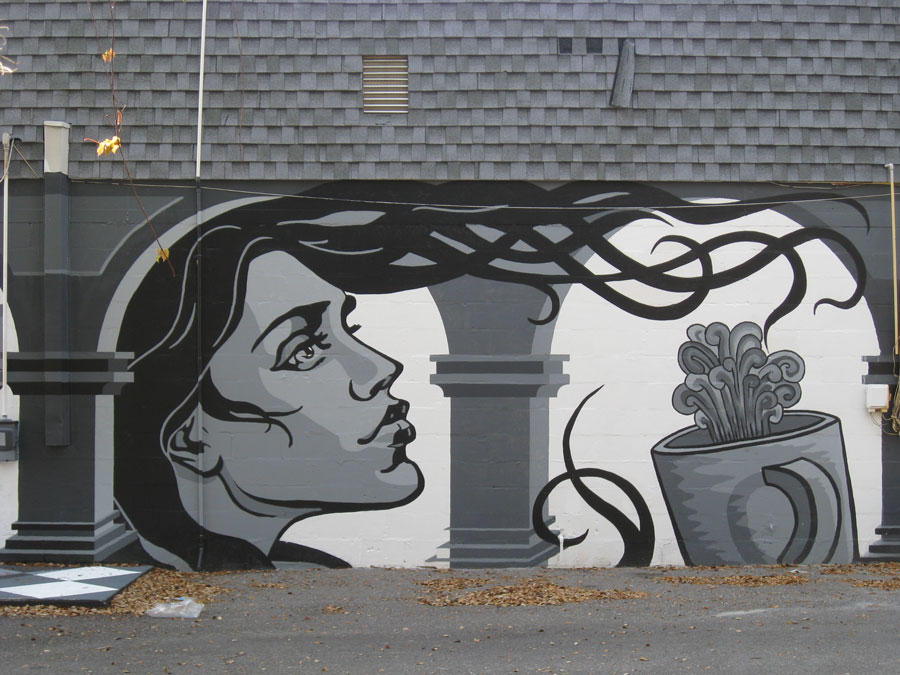
Some years ago when I read A Heartbreaking Work of Staggering Genius, the incredible first novel by Dave Eggers, I was electrified by his lucid writing and awed by his ability to find humor in a true story of loss and struggle.
Since then, I’ve read some of his other books, but none stuck with me the way the first one did. Until now.
I just finished The Circle. Zing if you know what I’m talking about. Or hit “like” unless you are one of the handful of holdouts still hiding your face from Facebook. Good luck with that.
The Circle is a chilling Orwellian cautionary tale about the insatiable spread of social media. Anyone who has dipped a toe in the vast digital sea will recognize the symptoms of addiction, compulsion, and self-absorbed blindness that afflict Mae, the female protagonist. And while the plot veers toward the surreal, none of the ideas is far-fetched enough to be unbelievable. As Mae increasingly surrenders her privacy, her autonomy and her freedom in order to gain artificial status and the hollow fame that comes from being followed online by millions of “invisible friends,” her real life unravels while her virtual world expands.
The dark satire explores some of the deeply troubling aspects not only of Facebook and its ilk, but the entire spying, lying, couch-potato stalking aspects of “social” networks. The insidious spread of drone usage, the short-sighted maneuverings of political leaders, and the dramatic increase of economic disparity worldwide combine to create a toxic climate for all.
But to me the scariest part of the future Eggers so vividly conjures in The Circle, is the growing threat to privacy. Something is deeply askew when reading quietly alone in a room is viewed as an antisocial act. When taking a walk alone in the woods is considered selfish. When failing to respond to hundreds of unsolicited emails and texts and posts every day is taken as an act of rudeness.
As a writer, I cherish solitude. I need a certain amount of empty space in my life in order to think clearly. Other people thrive in a group dynamic. And that’s fine. For them.
But among the most vital human rights must be the right to choose how we spend our brief lives. Surely we should have the right to be alone with our thoughts from time to time.
To paraphrase E.M.Forster: Only disconnect!
